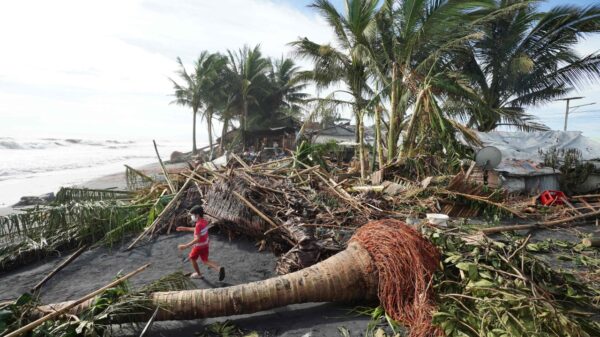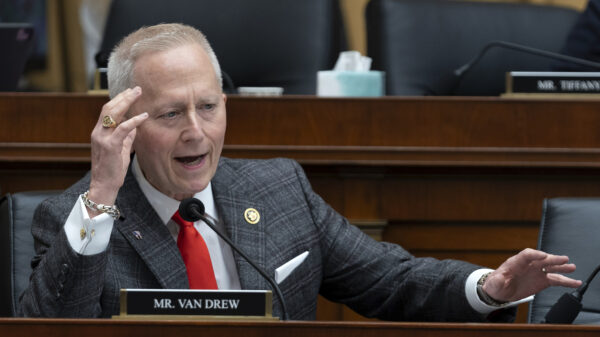A federal judge has ruled that the state of Florida must clear the Alligator Alcatraz immigrant detention facility within 60 days. This decision, issued by U.S. District Judge Kathleen Williams on August 22, 2025, signifies a notable victory for environmentalists and the Miccosukee Tribe of Indians, who have raised concerns about the facility’s environmental impact on the Everglades, a federally protected area.
The ruling prohibits state officials from relocating any additional migrants to this makeshift detention site, which has become a focal point in the ongoing debate over immigration policies. The facility had previously been regarded as a key element of former President Donald Trump’s immigration agenda, highlighting the contentious nature of the issue.
Environmental and Legal Implications
Judge Williams’ decision comes amidst plans by Governor Ron DeSantis to convert a prison in North Florida into a second immigrant detention site. Environmentalists have long contended that the operation of Alligator Alcatraz poses significant risks to the delicate ecosystem of the Everglades. The ruling is expected to prompt a swift response from state officials, who have already filed an appeal within an hour of the judgment.
The court’s order reflects a growing recognition of the intersection between immigration enforcement and environmental protection. With the Everglades being home to numerous endangered species and a crucial water source for millions, the implications of this ruling extend beyond immigration policy, touching on the broader issues of ecological preservation.
Next Steps for Florida Officials
Following this ruling, the state faces a tight deadline to comply with the court’s order. Legal experts suggest that the appeal process may prolong the situation, but for now, the focus shifts to the immediate impact on the migrants currently held at Alligator Alcatraz.
Environmental advocates have expressed cautious optimism regarding the ruling. They hope this decision might pave the way for further legal scrutiny of other facilities operating in sensitive ecological zones.
In summary, the ruling from Judge Kathleen Williams marks a significant moment in the ongoing dispute over immigration policy in Florida. As the state navigates the legal landscape, the outcome of the appeal will be closely watched by both supporters and opponents of the facility. The implications of this case could resonate throughout the state and beyond, influencing the future of immigration detention practices and environmental protections.








































































